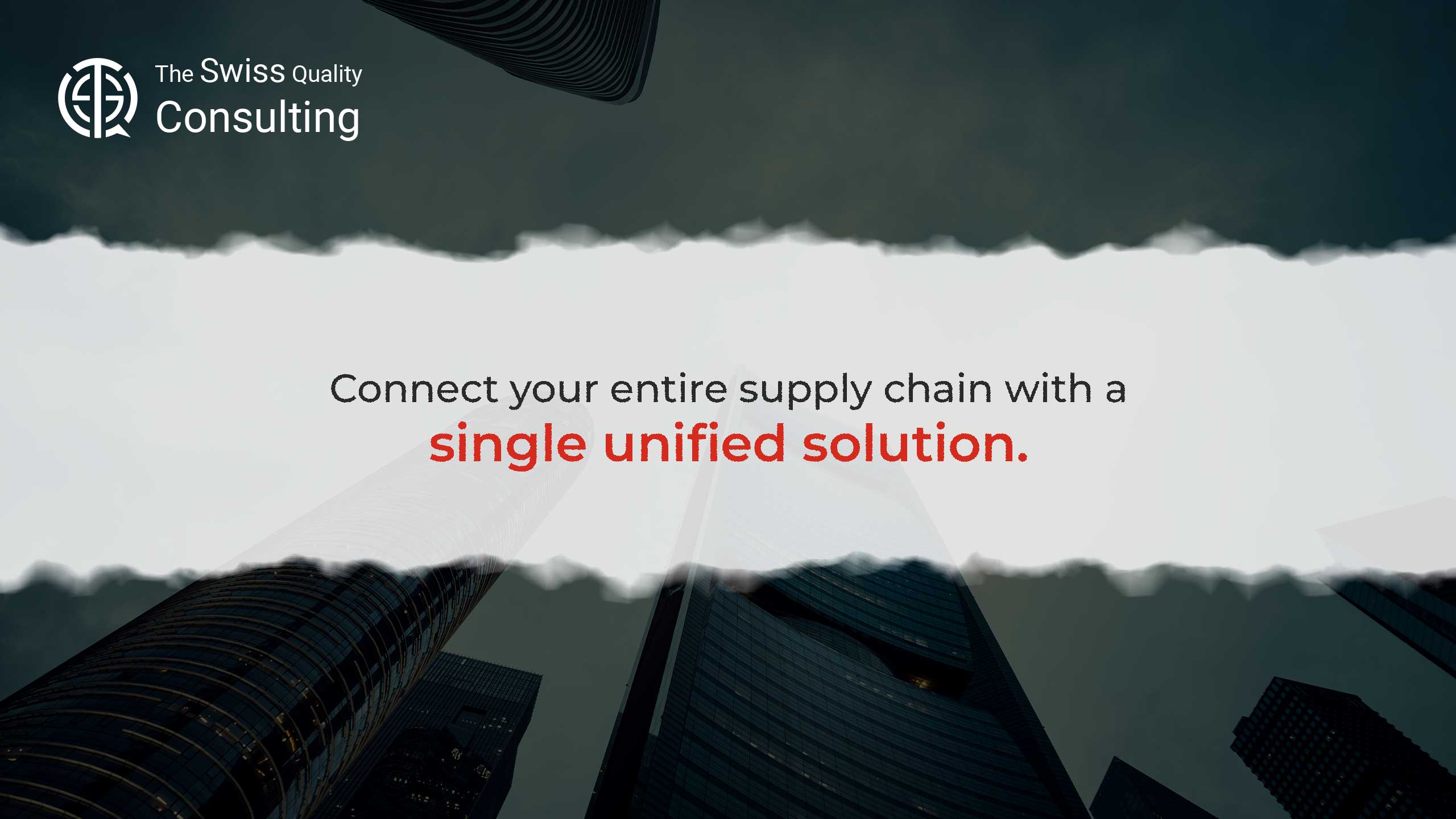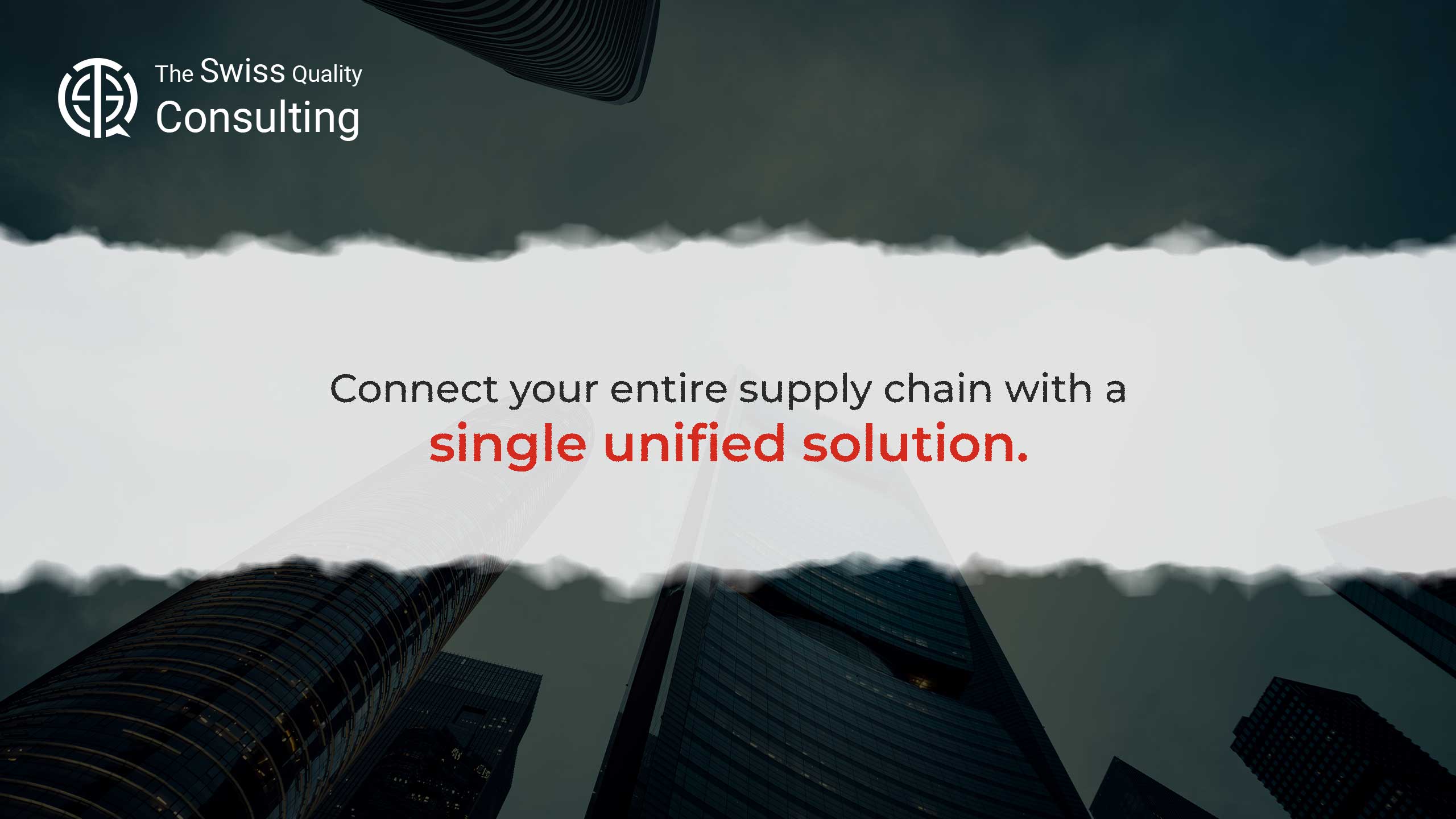How ERP Systems Facilitate Cross-Border Operations for Swiss Businesses
The Strategic Role of ERP in International Expansion
ERP for international expansion in Swiss companies plays a crucial role in managing the complexities of cross-border operations. As Swiss businesses look to expand globally, the need for a unified system that integrates various business processes becomes essential. ERP (Enterprise Resource Planning) systems offer a comprehensive solution by providing a centralized platform that supports multiple functions, including finance, supply chain, human resources, and compliance. For Swiss companies, the ability to maintain consistency and control across international markets is vital, and ERP systems are designed to facilitate this through standardized processes and real-time data visibility.
One of the key benefits of implementing ERP systems for international expansion is the ability to streamline operations and reduce redundancy. When expanding into new markets, companies often face challenges such as varying regulations, diverse customer preferences, and logistical complexities. ERP systems help to address these challenges by standardizing operations and providing a single source of truth for all business activities. This standardization not only improves efficiency but also enhances decision-making by offering clear insights into global operations. By aligning processes across borders, ERP systems enable Swiss companies to respond swiftly to market changes and maintain a competitive edge.
Moreover, ERP systems support international expansion by facilitating compliance with local regulations and international standards. For Swiss companies operating in multiple countries, navigating the legal and regulatory landscape can be daunting. ERP systems come equipped with features that help manage compliance requirements, such as tax laws, data protection regulations, and industry-specific standards. By automating compliance processes, ERP systems reduce the risk of errors and penalties, allowing companies to focus on their core business activities. This capability is particularly valuable in the context of global expansion, where adherence to regulatory requirements is critical to operational success.
Managing Cross-Border Operations with ERP
In the realm of cross-border operations, ERP for international expansion in Swiss companies acts as a vital tool for coordinating activities across different regions. Managing cross-border operations involves dealing with multiple currencies, diverse supply chains, and varying market conditions. ERP systems provide the necessary infrastructure to handle these complexities by offering features like multi-currency support, global supply chain management, and localized reporting. These functionalities enable Swiss companies to manage their international operations more effectively, ensuring that all regions operate in harmony while adhering to the overarching business strategy.
ERP systems also enhance communication and collaboration across geographically dispersed teams. In international business environments, where teams are often spread across different time zones and cultures, maintaining effective communication is essential. ERP systems offer integrated communication tools and dashboards that provide real-time updates on operations, enabling teams to stay aligned and make informed decisions quickly. This level of coordination is crucial for Swiss companies aiming to expand their footprint globally, as it ensures that all teams work towards common goals, regardless of their location.
Additionally, ERP systems help optimize inventory management and supply chain logistics, which are critical components of cross-border operations. For Swiss companies, managing inventory across multiple countries requires precise coordination to avoid overstocking or stockouts. ERP systems provide real-time visibility into inventory levels, allowing companies to optimize stock based on demand forecasts and market conditions. This capability not only reduces costs but also improves customer satisfaction by ensuring that products are available when and where they are needed. By leveraging ERP systems for cross-border operations, Swiss companies can enhance their operational efficiency and better manage the complexities of international expansion.
Strategies for Implementing ERP in Global Expansion
Implementing ERP for international expansion in Swiss companies requires a strategic approach to ensure that the system aligns with the company’s global objectives. One effective strategy is to start with a thorough assessment of the company’s existing processes and identify areas where ERP can add the most value. This assessment should include an evaluation of the specific challenges associated with cross-border operations, such as currency fluctuations, regulatory compliance, and cultural differences. By understanding these challenges upfront, companies can tailor their ERP implementation to address the unique needs of their international business.
Another key strategy is to involve stakeholders from all regions in the ERP implementation process. Successful ERP deployment relies on input from various departments, including finance, operations, IT, and compliance. By involving stakeholders early on, companies can ensure that the ERP system meets the needs of all regions and is adopted smoothly across the organization. This collaborative approach also helps to identify potential obstacles and develop solutions that are aligned with the company’s overall expansion strategy.
Training and support are also critical components of a successful ERP implementation for international expansion. Swiss companies should invest in comprehensive training programs that equip employees with the skills needed to use the ERP system effectively. This training should be tailored to the specific roles within the company and include modules on managing cross-border operations. Providing ongoing support through help desks, user forums, and regular system updates will ensure that the ERP system remains a valuable tool for managing international operations over the long term. By adopting these strategies, Swiss companies can maximize the benefits of their ERP systems and drive successful international expansion.
Conclusion
ERP for international expansion in Swiss companies provides a robust framework for managing the complexities of cross-border operations. By streamlining processes, enhancing compliance, and facilitating communication across regions, ERP systems enable Swiss businesses to expand their global footprint with confidence. The key to successful ERP implementation lies in understanding the unique challenges of international expansion and adopting a strategic approach that aligns with the company’s global objectives. With the right ERP system in place, Swiss companies can achieve operational excellence and sustain their competitive edge in an increasingly interconnected world.
—
#ERPInternationalExpansion #SwissCompanies #GlobalOperations #CrossBorderManagement #ERPImplementation #BusinessSuccess #InternationalBusiness










